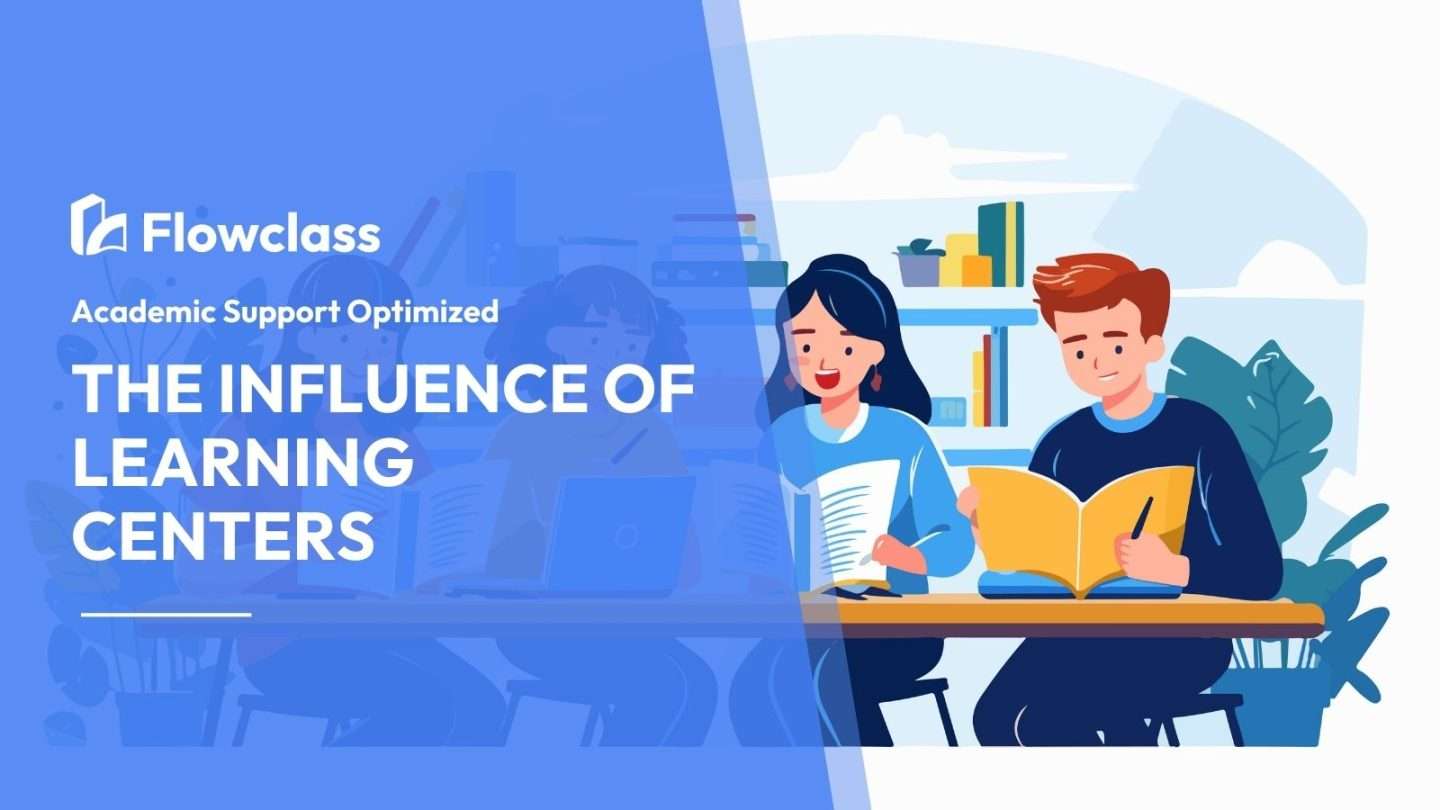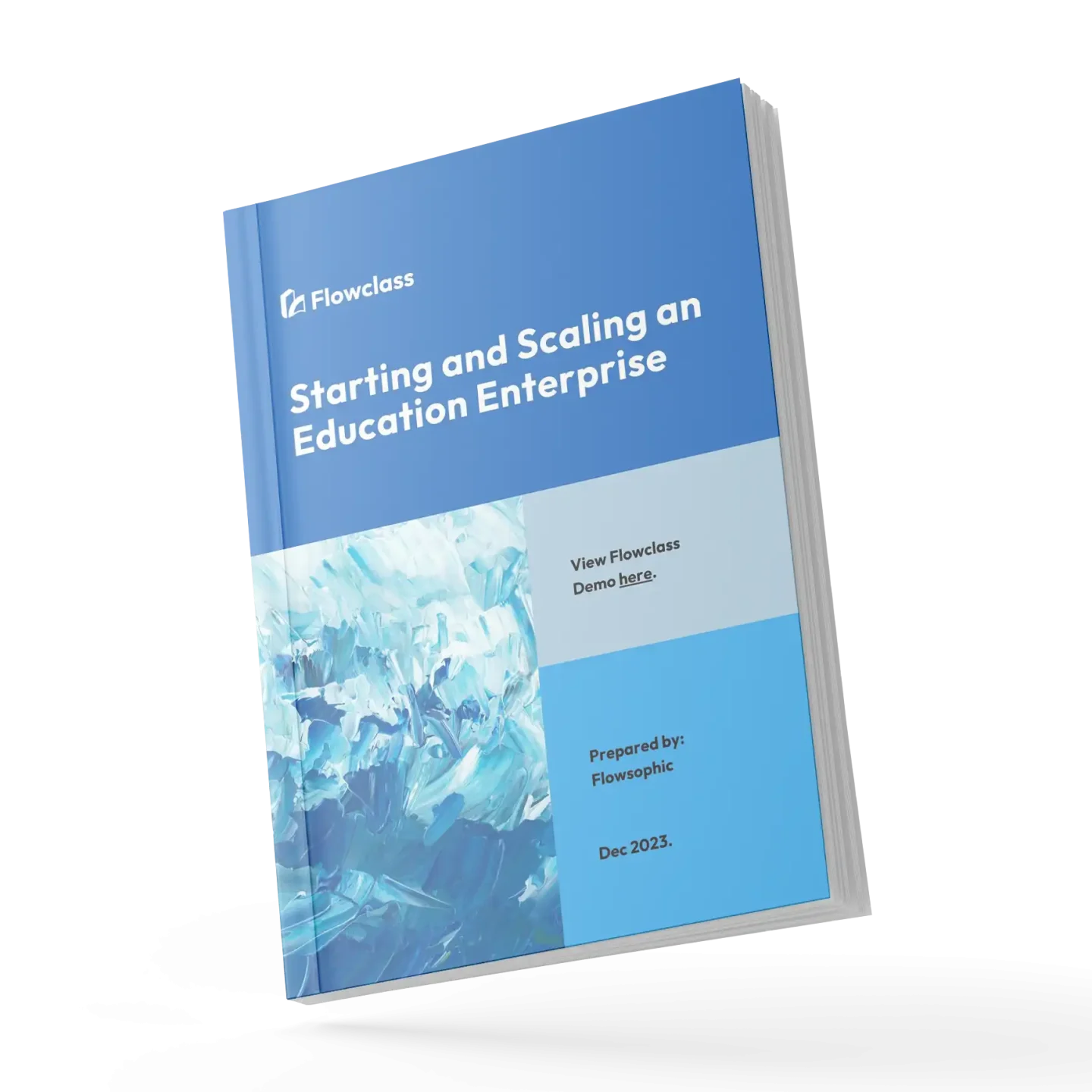In today’s competitive academic landscape, students strive not only to enhance their performance but also to reach their full potential. A vital resource that provides much-needed assistance is learning centers. These centers offer a variety of academic support services designed to improve students’ learning experiences and overall performance.
With a team of skilled tutors and educators, learning centers create a supportive environment where students receive personalized attention and access to comprehensive study resources. From one-on-one tutoring sessions to group study opportunities, these centers cater to various learning styles, helping students master challenging subjects. Whether a student is grappling with mathematics, science, literature, or any other subject, the expertise available in learning centers can help clarify concepts and foster deeper understanding.
Furthermore, learning centers extend beyond subject-specific tutoring. They provide valuable resources that enhance study skills, time management, note-taking techniques, and test preparation strategies. These comprehensive support systems engage students in active learning methods, empowering them to become more confident and efficient learners. Active learning not only involves individual study but also promotes collaboration among peers, allowing them to share insights and strategies. This collaborative environment can significantly enrich the learning experience.
By utilizing the services offered by learning centers, students not only improve their academic performance but also develop essential life skills crucial for success in higher education and beyond. Skills such as critical thinking, effective communication, and self-discipline are nurtured, equipping students with tools they can apply in various aspects of their lives. Whether struggling with a specific subject or aiming for overall academic excellence, learning centers provide the necessary tools and guidance for students to thrive.
In conclusion, learning centers play a pivotal role in strengthening student performance by providing personalized support and comprehensive resources. With their expertise and guidance, students can unlock their full potential and excel academically, setting a solid foundation for future endeavors.
The Role of Academic Support in Learning Centers
Learning centers serve as crucial environments for students striving to excel academically. These institutions recognize the diverse needs of learners, creating tailored experiences that enhance understanding and retention of material. By providing structured academic support, learning centers empower students to take charge of their educational journeys.
One primary role of learning centers is bridging the gap between traditional classroom instruction and individual student needs. Often, students struggle with specific subjects due to varying teaching styles and personal learning preferences. Learning centers offer an alternative approach, allowing students to engage with material in ways that resonate with them. This flexibility is essential, as it acknowledges that each student has unique learning preferences and paces.
This individualized support not only helps students grasp difficult concepts but also enhances their academic confidence, resulting in improved performance across all subjects. For example, a student struggling with algebra may find that one-on-one tutoring enables them to ask questions freely, leading to a clearer understanding of the subject. This deeper comprehension translates into better grades and a more positive attitude towards learning.
Moreover, learning centers cultivate a supportive community that encourages collaboration and peer interaction. This environment promotes group study sessions and collaborative projects, where students can learn from one another. Such social aspects mitigate feelings of isolation, especially for those who may struggle academically. Building relationships with peers can also enhance motivation, as students feel more connected to their educational environment.
In addition, learning centers often employ a variety of teaching methodologies to accommodate different learning styles. Some students may thrive in visual learning environments, while others benefit from auditory or kinesthetic approaches. By diversifying instructional strategies, tutors engage students in ways that resonate with them personally, making the learning process more effective.
Benefits of Academic Support in Learning Centers
The advantages of academic support provided by learning centers extend far beyond grade improvement. One significant benefit is the personalized attention that students receive from trained educators. This individualized approach allows tutors to identify specific areas where students may be struggling, tailoring their teaching methods accordingly.
By focusing on individual needs, tutors can help students master challenging concepts at their own pace, leading to a deeper understanding of the material. For instance, a student who has difficulty with reading comprehension may benefit from targeted strategies that break down the text into manageable parts. This tailored approach not only addresses immediate academic challenges but also instills a sense of competence and self-efficacy in students.
Additionally, learning centers provide access to a wealth of resources that may not be available in a typical classroom setting. These resources can include specialized software, extensive libraries, and study materials designed to enhance the learning experience. By utilizing these tools, students engage in active learning, increasing retention and comprehension. Engaging with a variety of resources can also cater to different learning styles, ensuring that all students find methods that work for them.
Another critical benefit of academic support is the development of essential life skills. As students engage in tutoring sessions and study groups, they learn valuable skills such as time management, effective communication, and critical thinking. These skills are crucial for academic success and serve students well beyond their educational pursuits.
For example, a student participating in a time management workshop may learn to prioritize tasks effectively, leading to better academic performance and reduced stress. These skills will be invaluable as they transition into higher education and the workforce. The ability to manage time effectively can lead to a more balanced life, reducing anxiety and allowing for better focus on academic and personal goals.
Common Challenges Faced by Students in Their Academic Journey
Students today encounter numerous challenges that can hinder their academic performance. One prevalent issue is the overwhelming pressure to achieve high grades. This pressure can lead to anxiety and stress, impacting students’ ability to focus and retain information.
Additionally, the fear of failure can discourage students from seeking help when needed, further exacerbating their difficulties. For instance, a student struggling with math may avoid asking for help, fearing that it will reveal their weaknesses. This reluctance can create a cycle of frustration and disengagement, ultimately affecting their performance.
Another common challenge is the varying levels of preparedness among students entering higher education. Many arrive with different academic backgrounds, creating disparities in understanding foundational concepts. Those who struggled in high school may feel unprepared for the rigors of college coursework, leading to feelings of inadequacy. This lack of preparedness can be overwhelming, making it difficult for students to adapt to the demands of higher education.
Moreover, students often grapple with effective study techniques. With abundant information available, knowing how to study efficiently can be overwhelming. Many fall into traps such as cramming or multitasking, which diminish their learning outcomes. Without guidance on effective study strategies, students may find themselves unprepared for exams or assignments.
Learning centers help address these challenges by providing targeted academic support and resources. For example, they may offer workshops on effective study habits, teaching students how to create a study schedule or use active reading techniques. By equipping students with practical tools, learning centers empower them to take control of their academic journeys.
Types of Academic Support Services Offered in Learning Centers
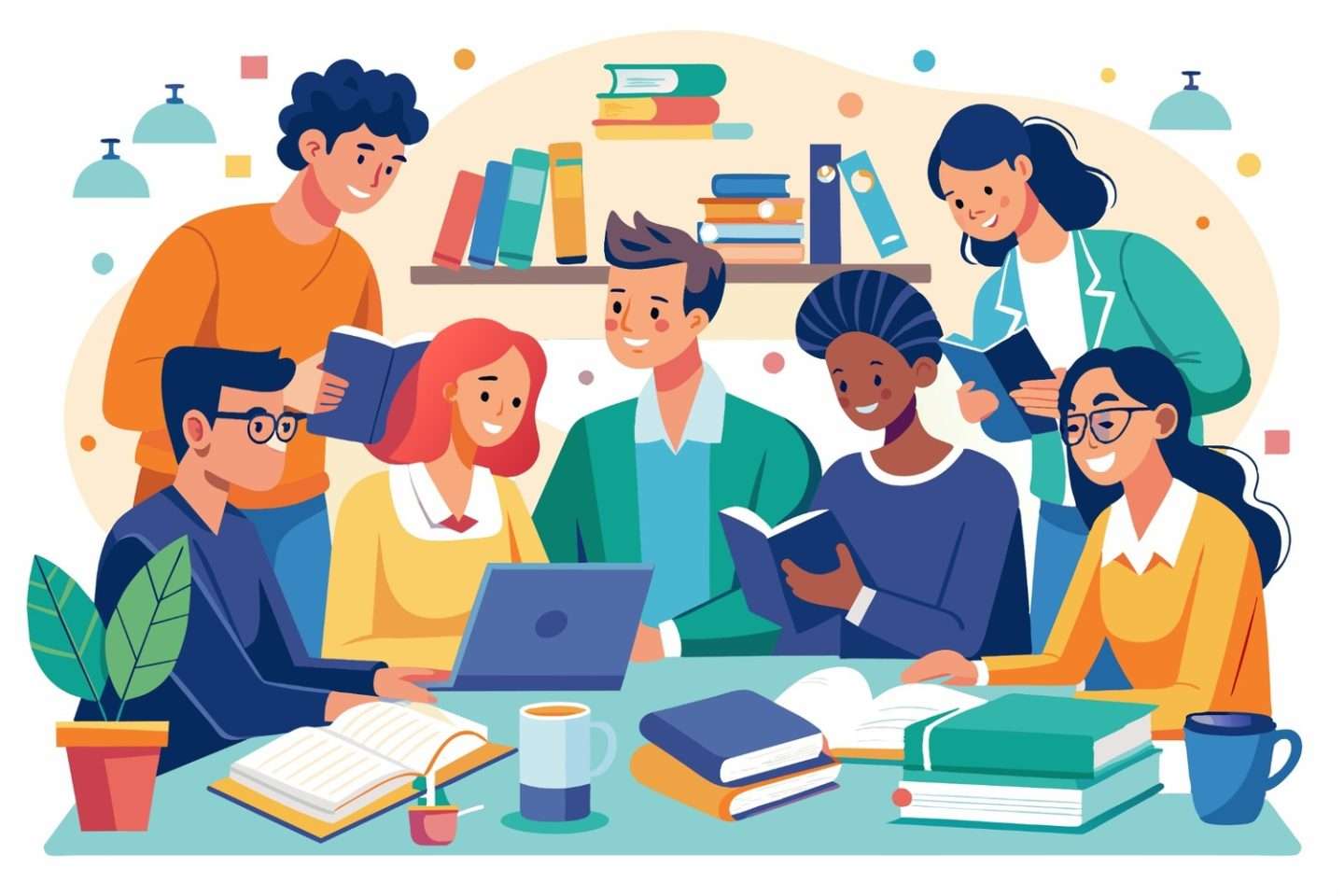
Learning centers offer a wide range of academic support services designed to meet the diverse needs of students. One of the most common services is one-on-one tutoring, allowing students to receive personalized attention from experienced tutors. These sessions enable in-depth exploration of specific subjects or concepts, allowing students to ask questions and clarify misunderstandings.
Additionally, many learning centers provide group study sessions. These sessions foster collaboration among peers, encouraging students to work together on challenging material. Group study can be particularly beneficial for subjects requiring discussion, as students learn from one another’s perspectives. Working in groups not only enhances understanding but also builds social skills that are essential in both academic and professional settings.
Learning centers also offer workshops and seminars focused on essential study skills, test preparation, and time management strategies. These workshops provide practical tools and techniques that students can apply to their academic routines. Topics may include effective note-taking methods and stress management during exam periods.
For example, a workshop on test preparation might provide students with strategies for tackling multiple-choice questions, helping them feel more confident during assessments. By equipping students with these skills, learning centers empower them to take control of their academic success.
Furthermore, many learning centers embrace technology to enhance their services. Online resources, interactive software, and digital workshops can provide additional avenues for learning. This integration of technology ensures that learning centers remain relevant and accessible to today’s students.
Personalized Learning Plans for Academic Support
One of the defining features of effective academic support in learning centers is the development of personalized learning plans. These plans are tailored to meet each student’s unique needs, ensuring that they receive the most relevant support.
To create a personalized learning plan, educators assess each student’s strengths and weaknesses through diagnostic tests or informal evaluations. This assessment serves as the foundation for a customized approach that addresses the specific challenges faced by the student. Understanding each student’s individual learning style and pace can significantly enhance the effectiveness of tutoring sessions.
For example, a student who struggles with writing may have a personalized plan that includes regular sessions focused on essay structure, grammar, and coherence. This targeted approach allows the student to progress at their own pace, ultimately leading to improved writing skills. By focusing on specific areas of improvement, students can see tangible results, boosting their motivation.
Ongoing communication and feedback are crucial components of personalized learning plans. Regular check-ins help tutors monitor progress and adjust instructional strategies as needed. This dynamic process ensures that support remains relevant and effective as students evolve in their understanding of the material.
Moreover, learning centers often incorporate various teaching methodologies to accommodate different learning styles. Some students may thrive in visual learning environments, while others benefit from auditory or kinesthetic approaches. By employing diverse instructional strategies, tutors engage students in ways that resonate with them personally.
Homework Assistance: A Key Component of Academic Support

Homework assistance is another vital aspect of academic support offered by learning centers. Many students struggle to complete assignments independently, often due to a lack of understanding or confidence.
Learning centers provide structured homework help sessions where students can receive guidance from tutors. During these sessions, tutors can clarify concepts, provide feedback on assignments, and help students develop effective study habits. This support is essential for reinforcing what students learn in class and ensuring they can apply those concepts in their homework.
For instance, a student who finds math homework challenging may attend a homework assistance session. Here, a tutor can walk them through problem-solving strategies, ensuring they understand the underlying concepts before attempting similar problems on their own. This hands-on approach builds confidence and promotes independence.
Additionally, homework assistance fosters accountability. When students know they have scheduled sessions to discuss their assignments, they are more likely to complete their work on time. This structure can significantly enhance their academic performance. The commitment to attend these sessions encourages students to stay organized and proactive in their studies.
Moreover, tutoring during homework help sessions can improve students’ time management skills. As they learn to allocate time effectively for assignments, they become more organized and efficient in their overall study habits. This newfound discipline not only benefits their academic work but also instills skills that are valuable in all areas of life.
Subject-Specific Tutoring: Tailored Academic Support
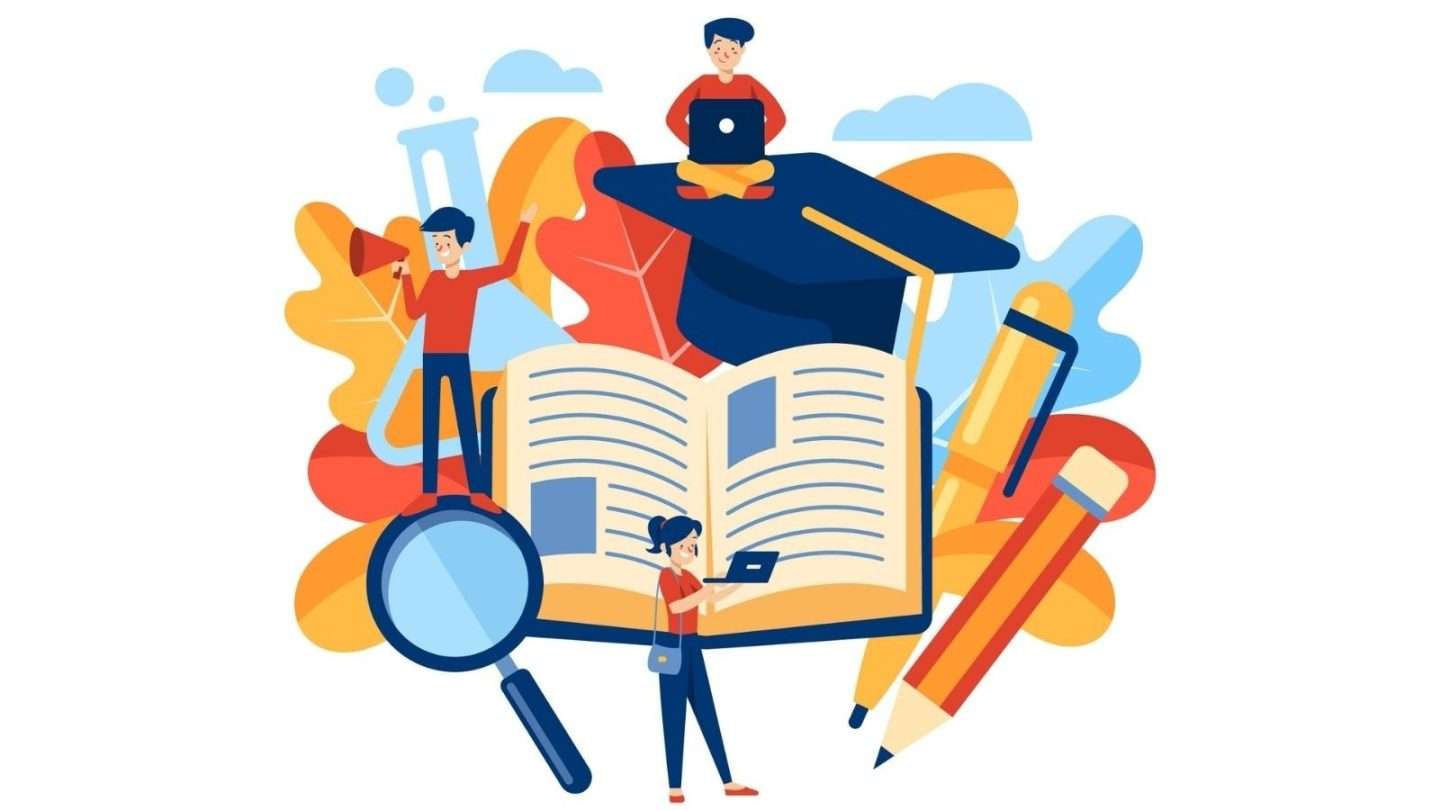
Subject-specific tutoring is a cornerstone of academic support in learning centers. This targeted approach allows students to focus on the subjects where they need the most help.
Each tutor typically specializes in specific subjects, whether it be math, science, literature, or languages. This specialization ensures that students receive expert guidance tailored to their needs. Having a tutor with in-depth knowledge of a subject can make a significant difference in a student’s understanding and performance.
For example, a student struggling with chemistry concepts can work with a tutor who has a strong background in the subject. The tutor can provide in-depth explanations and practical examples, helping the student grasp complex topics more easily. This focused attention helps demystify challenging material, making it more approachable.
Subject-specific tutoring also allows for the reinforcement of classroom learning. Students can explore topics in greater detail, ask questions about material covered in class, and engage in problem-solving with the guidance of a knowledgeable tutor. This reinforcement solidifies their understanding and prepares them for assessments.
Additionally, learning centers often provide practice materials and resources specific to subjects. Students can utilize these resources during tutoring sessions or independently, enhancing their understanding of the material. Access to a variety of resources allows students to engage with content in multiple ways, catering to different learning preferences.
Success Stories: Academic Support in Action
The impact of academic support through learning centers can be illustrated through numerous success stories. Many students have reported transformative experiences, highlighting how individualized support helped them overcome academic challenges.
For instance, one student struggled with mathematics and feared failing. After attending regular tutoring sessions at a learning center, she gradually began to understand complex concepts. With her tutor’s guidance, she improved her grades and developed a newfound appreciation for math. This journey not only impacted her academic performance but also boosted her self-confidence.
Another compelling success story comes from a student who faced significant challenges in writing. Overwhelmed by assignments, she sought help from the writing center, where tutors provided feedback on her drafts. Through their support, she learned to articulate her thoughts clearly, leading to significant improvements in her writing skills. This progress had a ripple effect, enhancing her overall academic experience.
Additionally, many students emphasize the emotional support that learning centers provide. One student shared his experience of feeling isolated during his first year of college. After joining a study group at the learning center, he discovered a supportive community that encouraged him to engage with his peers, significantly boosting his motivation and academic performance. This sense of belonging can be transformative, helping students feel connected to their educational environment.
These success stories illustrate the profound impact that academic support in learning centers can have on students, both academically and personally. They highlight the importance of individualized support and the ways in which learning centers can facilitate meaningful change in students’ lives.
Strategies for Maximizing Academic Support in Learning Centers
To fully leverage the resources offered by learning centers, students can adopt specific strategies that enhance their academic experience. One effective approach is to set clear goals before attending tutoring sessions or workshops.
Identifying what they hope to achieve enables students to communicate their objectives to tutors, allowing for a more focused and productive session. Clear goals also help students measure their progress over time, fostering accountability and motivation. When students have defined objectives, they are more likely to stay engaged and committed to their learning.
Another important strategy is to actively engage in the learning process. Students should come prepared to tutoring sessions with specific questions or topics they wish to discuss. This proactive approach not only maximizes the value of the session but also demonstrates a commitment to their academic success. Being prepared encourages productive discussions and allows tutors to address specific areas of concern.
Additionally, students can benefit from taking notes during sessions and reviewing them afterward to reinforce learning and retention. This practice ensures that they fully grasp the concepts being taught and can apply them in their studies. Regular review of notes can also aid in long-term retention of information.
Lastly, students should seek to integrate the skills and knowledge gained from learning centers into their broader academic routines. This might involve applying newly acquired study techniques to their coursework or collaborating with peers outside of the learning center environment. Building a network of support among peers can further enhance the learning experience.
The Role of Technology in Enhancing Academic Support Services
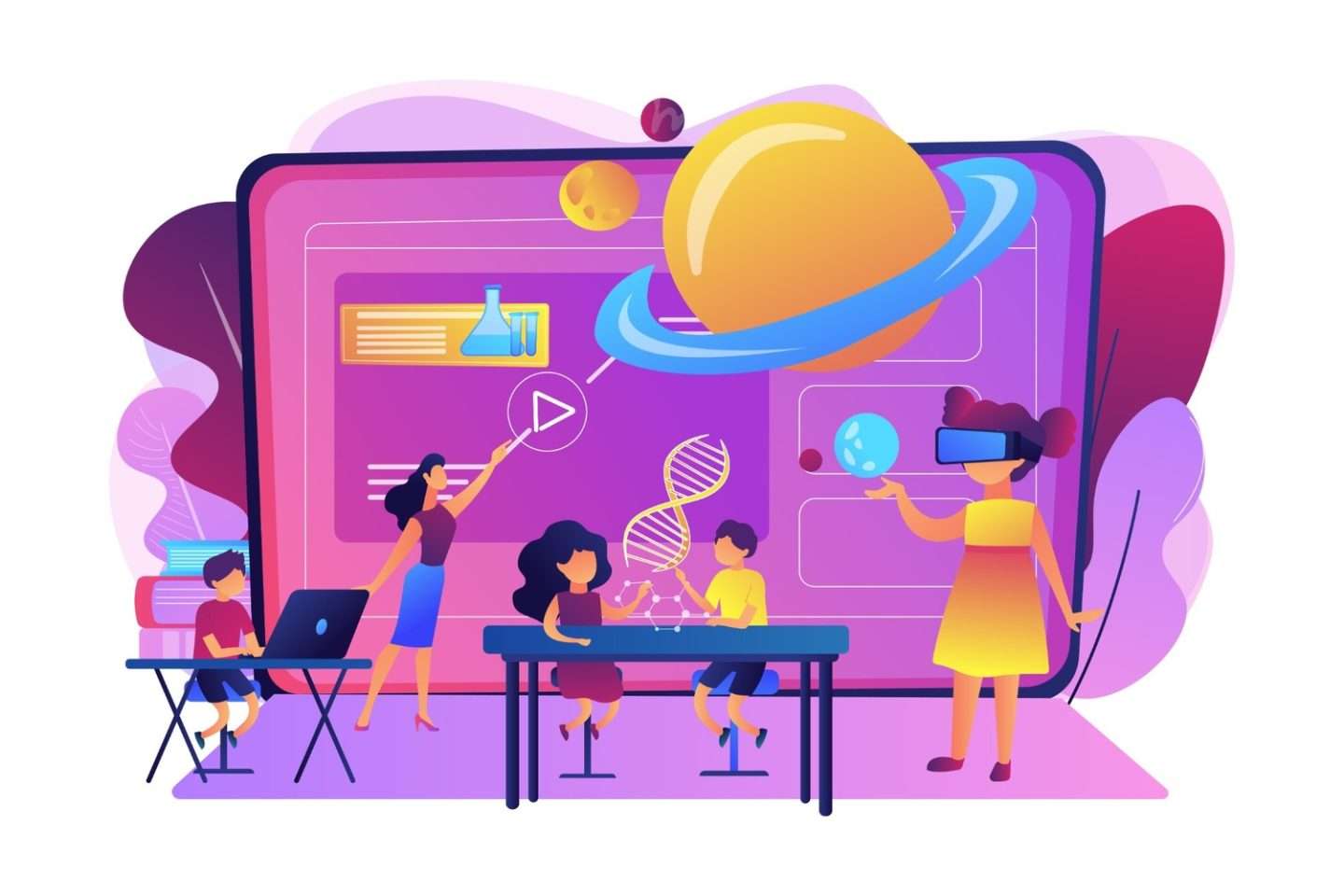
Technology plays an increasingly vital role in enhancing the academic support services provided by learning centers. Many centers now utilize online platforms to offer virtual tutoring and resources, making support more accessible to students.
This flexibility allows students to engage with learning materials and receive assistance from the comfort of their homes. For instance, an online tutoring session can accommodate a busy student’s schedule, ensuring they receive help when needed. This convenience can significantly reduce barriers to accessing academic support.
Additionally, learning centers often employ educational software and digital resources to supplement traditional tutoring methods. These tools can offer interactive learning experiences, such as practice quizzes, video tutorials, and educational games. By integrating technology into their services, learning centers create engaging environments that resonate with today’s tech-savvy students.
Furthermore, data analytics is becoming an essential tool for learning centers to track student progress and adapt their services accordingly. Analyzing performance data allows educators to identify trends and areas for improvement, refining their instructional strategies. This data-driven approach ensures that academic support remains relevant and effective, ultimately enhancing student outcomes and satisfaction with the services provided.
Incorporating technology not only improves accessibility but also fosters a more engaging and interactive learning environment. Students can benefit from a variety of learning modalities, making the educational experience more enjoyable and effective.
The Impact of Academic Support on Student Retention and Graduation Rates
The support provided by learning centers profoundly impacts student retention and graduation rates. Research indicates that students who engage with academic support services are more likely to persist in their studies and complete their degrees.
This correlation can be attributed to the personalized guidance and resources that learning centers offer, helping students navigate challenges and stay on track academically. For example, a student who regularly attends tutoring sessions may feel more confident in their abilities, leading to greater persistence. This increased confidence can motivate students to seek out additional resources and support when faced with difficulties.
Moreover, learning centers create a sense of community among students, fostering connections that contribute to their overall college experience. When students feel supported and engaged, they are more likely to remain committed to their educational pursuits. This sense of belonging is particularly crucial in higher education, where feelings of isolation can lead to withdrawal and disengagement.
Additionally, the skills and strategies developed through academic support services have long-term benefits that extend beyond graduation. Students who build strong study habits and time management skills are better equipped to succeed in their future careers. These foundational skills, cultivated during their academic journeys, provide students with the resilience needed to face challenges in the professional world.
As these graduates enter the workforce, they carry with them the confidence and resilience cultivated through their experiences at learning centers. This ultimately contributes to their success in professional environments. Employers value candidates who demonstrate strong problem-solving abilities, effective communication, and the capacity to work collaboratively—skills reinforced through academic support.
Conclusion: The Future of Academic Support in Learning Centers
As the academic landscape continues to evolve, the role of learning centers will remain pivotal in supporting student performance. The demand for personalized, flexible, and technology-enhanced learning experiences is likely to increase, prompting these centers to adapt and innovate continuously.
Leveraging emerging technologies and data-driven strategies will enhance services and meet the diverse needs of students. Furthermore, as the importance of mental health and well-being in education becomes increasingly recognized, learning centers will play a critical role in providing holistic support.
Addressing not only academic challenges but also emotional and social needs creates environments that foster resilience and success. Ultimately, the future of academic support in learning centers holds great promise for students seeking to enhance their performance and achieve their goals.
Embracing a comprehensive approach that prioritizes individualized support, community engagement, and technology integration will empower students to unlock their full potential and thrive in their academic journeys. As learning centers continue to evolve, they will remain essential partners in students’ academic success, nurturing skills and confidence that will serve them well throughout their lives.

